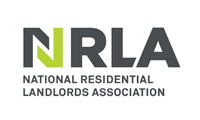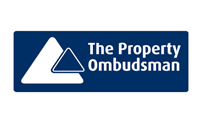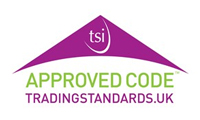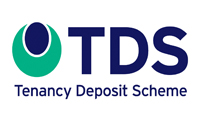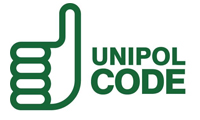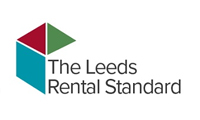The most common ways to lose your deposit - and how to avoid them
14th February 2019
Becoming a tenant is a big step, and one of the biggest learning curves happens the day you leave your first rental property - and then wait to see if you're going to get your entire deposit returned. Getting the full deposit back is really important to most renters, as it allows them to move on to a new rental property.
Deposit deductions - facts and figures
A recent survey discovered that only 12.5% of renters receive a deposit deduction. 39% of those deductions were cleaning, while 19% were redecorating costs. Interestingly - 56% of cases brought to the Tenancy Deposit Scheme for adjudication were about cleaning. It's clearly a big issue!
In less than a decade, the value of a deposit has risen from an average of £880 to £1088. And the amount of protected deposits has risen year on year too, to just over £4 billion in 2017.
How to ensure you retain your deposit - a guide to rental success
Be cleaner than clean
We all have our own ways of doing things, but when you're renting, there's only one way of cleaning - the way that prevents deposit risk. That means making regular cleaning a priority and if you know that you're a 'casual cleaner' it may be a good idea to set aside some money every month so that at the end of your tenancy you can hire a professional cleaning firm to tackle your rental property. They know exactly what's required, and are able to bring professional quality products and techniques to clean all the places you might forget to a standard that will definitely be acceptable. They'll also make sure you don't leave anything behind that you shouldn't, which is a very common cause of problems with student rental deposits. This is a major bugbear for agents or landlords who end up having to dispose of old equipment, furniture and even clothes that tenants leave behind... make no mistake, they can charge you for that.
Communicate with clarity
Having good communications between landlords and tenants (or agents and tenants) is vital. There's no point ignoring a problem until the end of your tenancy, instead, let your landlord or agent know if you've broken something, or something needs mending. Communicate positives too - if you'd like permission to plant spring bulbs in pots outside, ask your landlord and then take photographs of the planters and add them to your inventory.
Inventory is your friend
One of the biggest mistakes any renter makes is to fail to use inventory well. When you take on your new property, examine the inventory to ensure you're in agreement that everything that's been written down confirms with what you see in front of you. Then, whenever you, or your landlord, changes anything about the property, make a written note and take photographs so that your inventory stays up to date. An up-to-date inventory means that you can challenge any deductions that your agent or landlord proposes.
If your experience as a renter hasn't been positive, contact DEU Estates to find out how great it is to work with a lettings agency that has an unmatched reputation for friendliness, professionalism and simple, straightforward processes.
< back to news

